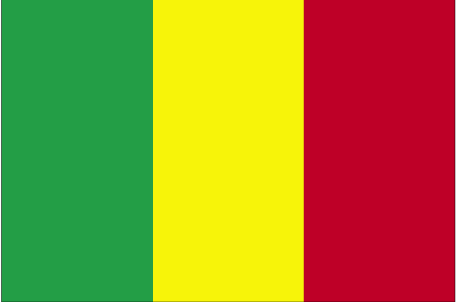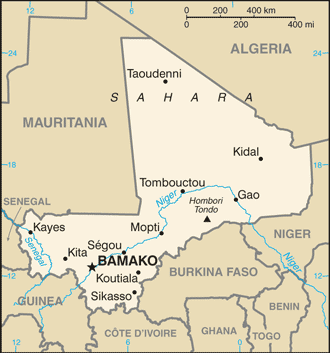Investing in Mali


Among the 25 poorest countries in the world, Mali is a landlocked country highly dependent on gold mining and agricultural exports for revenue. The country's fiscal status fluctuates with gold and agricultural commodity prices and the harvest. Mali remains dependent on foreign aid. Economic activity is largely confined to the riverine area irrigated by the Niger River and about 65% of its land area is desert or semidesert. About 10% of the population is nomadic and some 80% of the labor force is engaged in farming and fishing. Industrial activity is concentrated on processing farm commodities. The government has continued an IMF-recommended structural adjustment program that has helped the economy grow, diversify, and attract foreign investment. Mali is developing its cotton and iron ore extraction industries to diversify its revenue sources because gold production has started to fall. Mali has invested in tourism but security issues are hurting the industry. Mali's adherence to economic reform and the 50% devaluation of the CFA franc in January 1994 have pushed up economic growth to a 5% average in 1996-2010. Worker remittances and external trade routes for the landlocked country have been jeopardized by continued unrest in neighboring Cote d'Ivoire. However, Mali is building a road network that will connect it to all adjacent countries and it has a railway line to Senegal. In 2010, Mali experienced a regional drought that hurt livestock and livelihoods.
Mali News
Les Echos (Bamako) - http://www.jamana.org/lesechos/index.html
Countries that border Mali: Mauritania | Senegal | Guinea | Cote d'Ivoire | Burkina Faso | Niger | Algeria
Learn more:
Back to Country Investing



